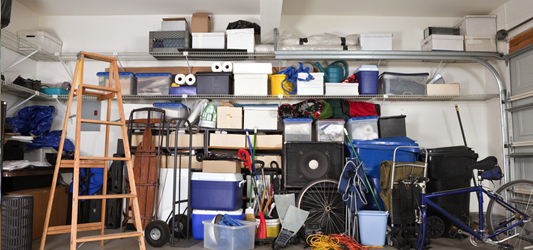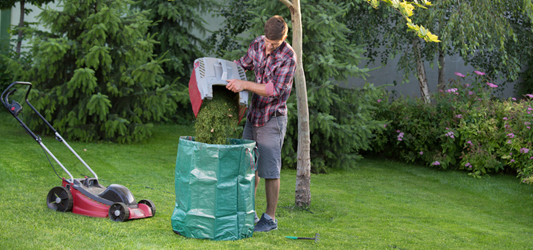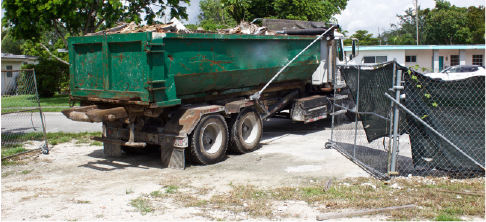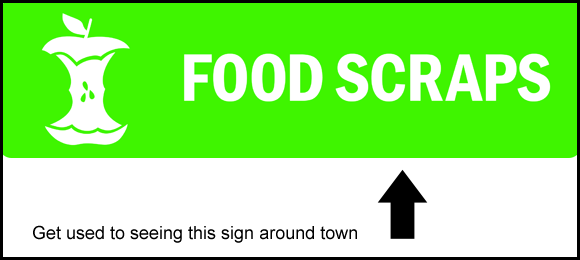
Updated February 23, 2023
Vermont is the first state in the nation to enact a law that makes composting mandatory for everyone. It’s all part of Act 148, Vermont’s Universal Recycling Law, which was put into effect in 2012. The plan will roll out in phases and be fully implemented by 2020.
What Act 148 means for…
Residents:
- All recyclables – aluminum cans, plastics, paper, etc. – must be separated from regular trash and recycled starting July 1, 2015.
- By July 1, 2016, all yard debris and clean wood can no longer be mixed in with your regular trash.
- July 1, 2020 is when the food scrap mandate takes effect. All residents must keep food scraps out of the trashcan and instead put into the compost bin.
- Residents can do their own backyard composting or have it picked up by their waste hauler.
Businesses:
- All recyclable materials will be banned from landfills by July 1, 2015.
- Recyclable containers must be placed alongside trash containers in public spaces.
- Yard debris and clean wood cannot be placed in the garbage starting July 1, 2016.
- The deadline for composting food scraps varies depending upon how much is generated on-site. For businesses generating 104 tons per year or more, today (July 1, 2014) is the day the food-scrap law takes effect. Businesses generating smaller amounts of food scraps have an additional 1-to-3 years to abide by the mandatory composting rules.
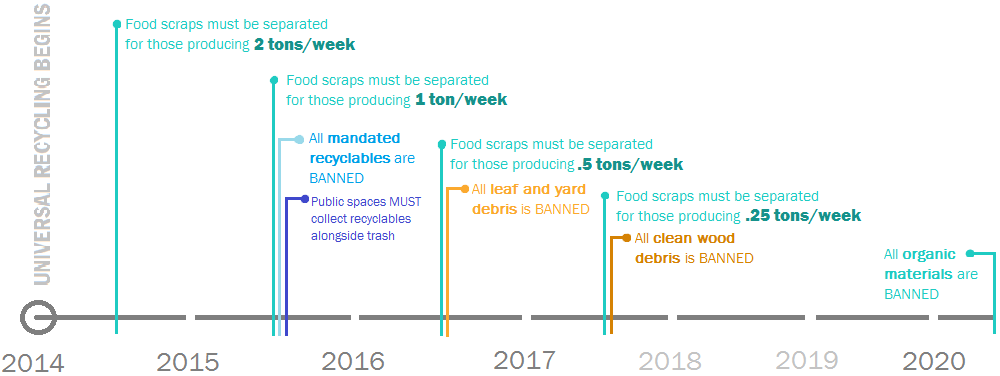
Waste haulers:
- All waste haulers hauling 104+ tons per year must offer curbside pickup of compostables starting July 1, 2017.
- All food scraps will be banned from landfills starting July 1, 2020
- Haulers that process 104+ tons of waste per year must separate food scraps from other wastes.
Recycling and composting rate expected to double
Once the new law is fully implemented, it’s expected to boost Vermont’s recycling and composting rate from 30% to 60%, which would make it one of the greenest states in the country.
RELATED: Composting 101 [Infographic]
The law will be fully implemented by 2020.
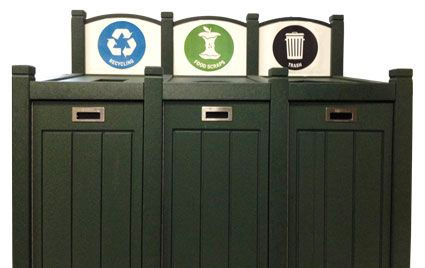
The good, the bad, and the ugly
The problem with rotting food scraps in landfills is the methane produced and released into the atmosphere. Methane is a powerful greenhouse gas that contributes to global warming.
By banning foods scraps, yard debris, and clean wood from landfills, far less methane will be released into the air.
The new law is expected to create quite a few new jobs in the state. “Green” jobs are on the rise nationwide and this should be especially true for Vermontians thanks to Act 148.
Cleaner air, new jobs and less waste rotting away landfills, sounds like a win-win-win.
BUT, not everyone’s ecstatic with the new law. Namely, trash haulers.
Many of the 100 trash haulers who serve residents and businesses across the state of Vermont are not equipped to haul food scraps. This means expensive retrofits to trucks, or the added expense of subcontracting the work out to other trash haulers.
Mandatory recycling and composting will also change the way waste haulers run their sorting facilities. It will likely increase running costs, at least in the short term.
Despite these “growing pains” as the Universal Recycling Law begins to roll out, the benefits will far outweigh the downfalls over the long haul.
Via: Seven Days
Learn more about Act 148 at the Vermont Waste Management & Prevention Division website
